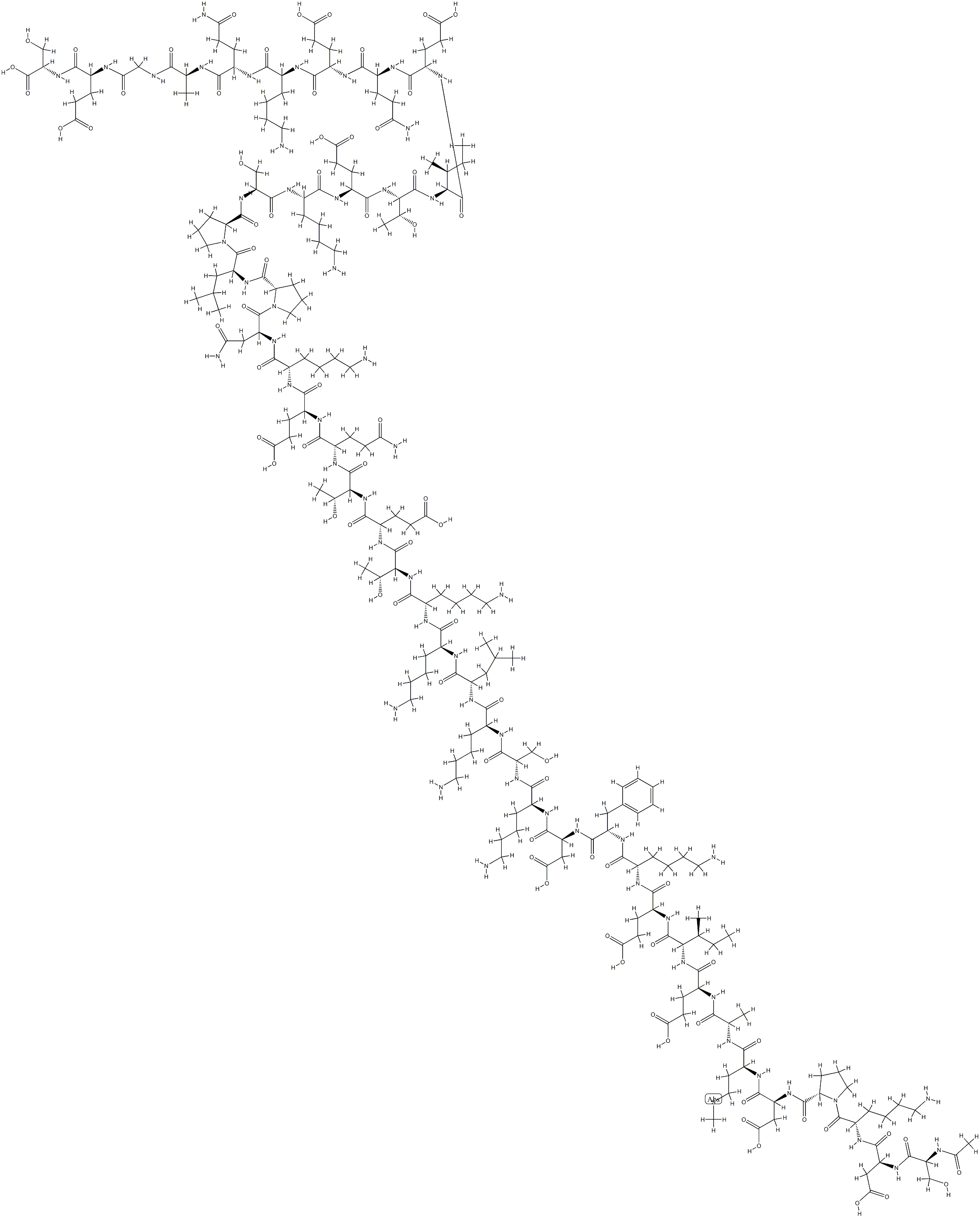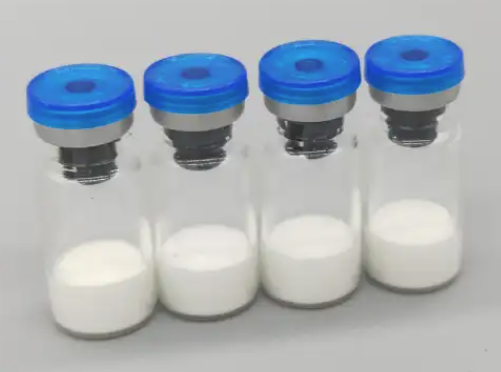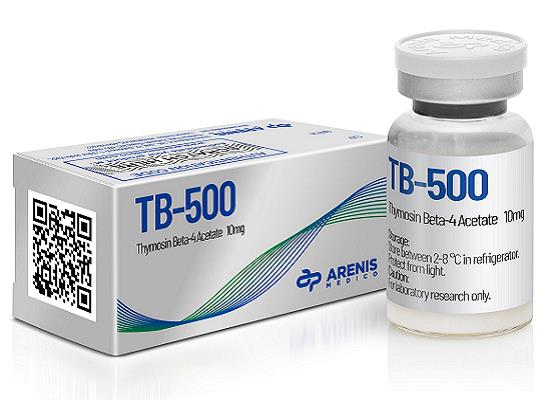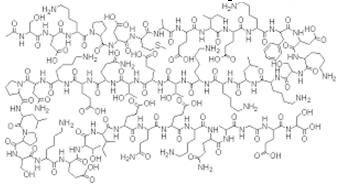Synthesis and Applications of Thymosin Beta 4
Thymosin beta 4 (Tβ4) is a highly conserved, naturally occurring, water-soluble regenerative peptide that is found in all tissues and in all cell types, except red blood cells.
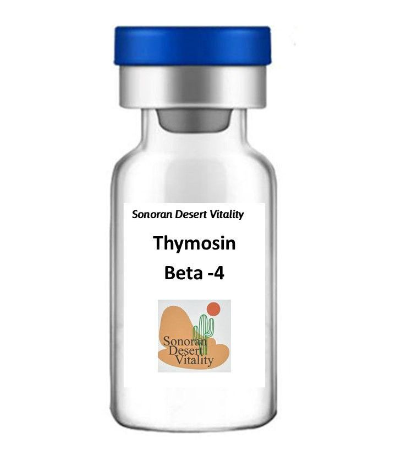
Synthesis of Thymosin Beta 4
Thymosin beta 4, previously identified as a component of thymosin fraction 5 isolated from calf thymus, is synthesized by peritoneal macrophages derived from rats or mice, including cells from nu/nu mice.
Applications of Thymosin Beta 4
Thymosin beta-4 is a small peptide with G actin-sequestering action. It is associated with induction of angiogenesis, accelerated wound healing, and increased metastatic potential of tumor cells. Thymosin beta-4 promotes angiogenesis, wound repair, and hair growth in normal and aged rodents. It acts by increasing angiogenesis and cell migration and is currently in clinical trials for wound repair.
Thymosin beta-4 promotes myocardial and endothelial cell migration in the embryonic heart and retains this property in postnatal cardiomyocytes. Survival of embryonic and postnatal cardiomyocytes in culture was also enhanced by thymosin beta-4. Thymosin beta-4 formed a functional complex with PINCH and integrin-linked kinase (ILK), resulting in activation of the survival kinase Akt (protein kinase B). After coronary artery ligation in mice, thymosin beta-4 treatment resulted in upregulation of ILK and Akt activity in the heart, enhanced early myocyte survival, and improved cardiac function. These findings suggest that thymosin beta-4 promotes cardiomyocyte migration, survival, and repair, and the pathway it regulates may be a new therapeutic target in the setting of acute myocardial damage.1
Warnings and Cautions
• Thymosin beta 4 peptide is reported safe in recommended dosages.
• Safety in pediatrics has not been established.
• As with all injections, redness and pain at the site of injection may be present.
• Do not use for more than 3 months without cycling (3 months on, 6 weeks off or 6 weeks on, 6 weeks off).
• Based on FDA recommendations and various guidance documents developed by the International Conference of Harmonization (ICH), 23 non-clinical studies have been performed to date that demonstrate the safety of Tb4 for its current and planned uses in man.
[1]]Meyler's Side Effects of Drugs (Sixteenth Edition),Elsevier,2016,Pages 929-930.
References:
[1] D’ARCY P F. Meyler’s side effects of drugs 11th edition[J]. International Journal of Pharmaceutics, 1990, 60 1: 1-81. DOI:10.1016/0378-5173(90)90191-6.You may like
Related articles And Qustion
See also
Lastest Price from Thymosin beta 4 manufacturers
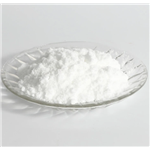
US $50.00-15.00/kg2025-10-31
- CAS:
- 77591-33-4
- Min. Order:
- 1kg
- Purity:
- 99%
- Supply Ability:
- 300tons

US $0.00/box2025-09-24
- CAS:
- 77591-33-4
- Min. Order:
- 1box
- Purity:
- 0.99
- Supply Ability:
- 10tons
